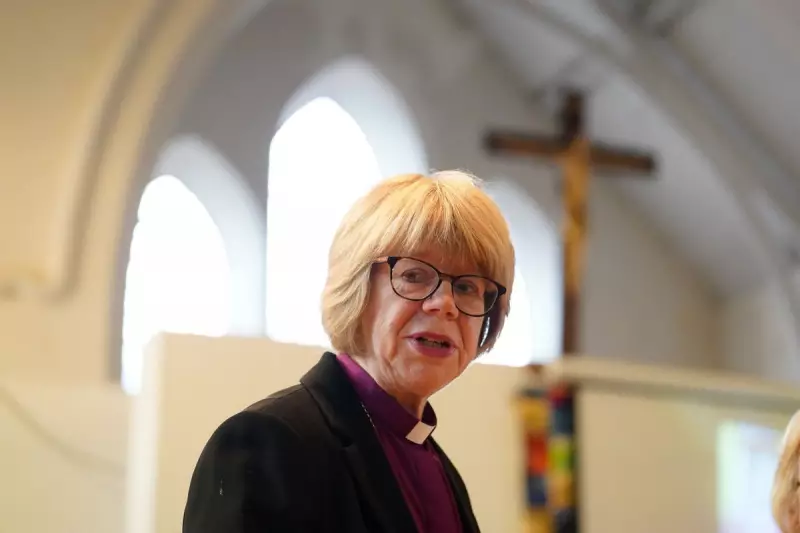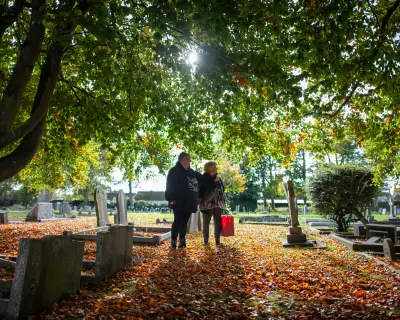
The Church of England faces a profound crisis of confidence in its safeguarding procedures, with Bishop of London Sarah Mullally delivering a devastating assessment of the institution's failures in protecting vulnerable individuals.
In a remarkably candid admission, Bishop Mullally stated that the Church "cannot be trusted" on safeguarding matters following the publication of a damning independent report. The findings reveal systemic weaknesses in how abuse cases have been handled across the institution.
A Damning Verdict on Institutional Failure
The report, commissioned to examine the Church's safeguarding practices, uncovered what Bishop Mullally described as "significant and deeply concerning" failures. These shortcomings have undermined public trust and left victims feeling abandoned by the very institution meant to protect them.
Bishop Mullally didn't mince words when addressing the severity of the situation. "We have let people down in the most terrible ways," she acknowledged, highlighting the urgent need for comprehensive reform.
Systemic Problems Require Radical Solutions
The investigation identified multiple areas requiring immediate attention:
- Inconsistent safeguarding practices across different dioceses
- Inadequate support systems for abuse survivors
- Failure to properly implement existing safeguarding policies
- Lack of transparency in handling complaints
Bishop Mullally emphasised that "piecemeal improvements are no longer sufficient" and called for a complete overhaul of the Church's approach to safeguarding.
The Path Forward: Rebuilding Trust
Despite the grim assessment, Bishop Mullally outlined a commitment to meaningful change. "We must face these failures with humility and determination to do better," she stated, promising that the Church would implement all recommendations from the independent report.
The crisis represents a critical moment for the Church of England, testing its ability to reform from within and restore public confidence in its moral leadership.





